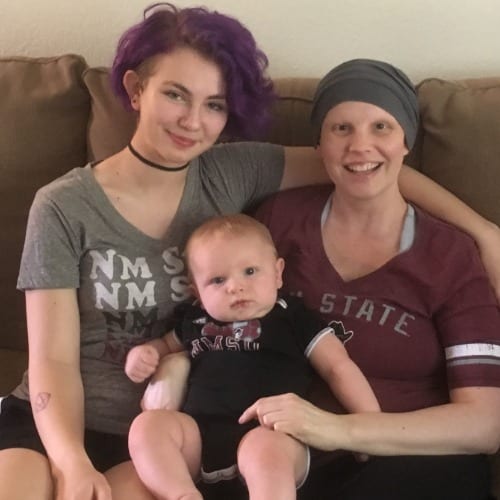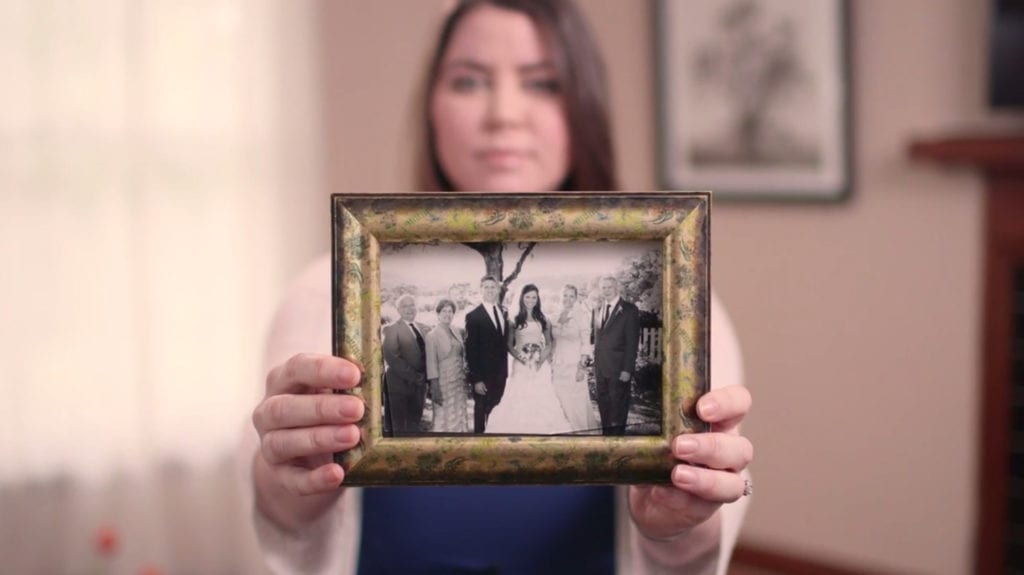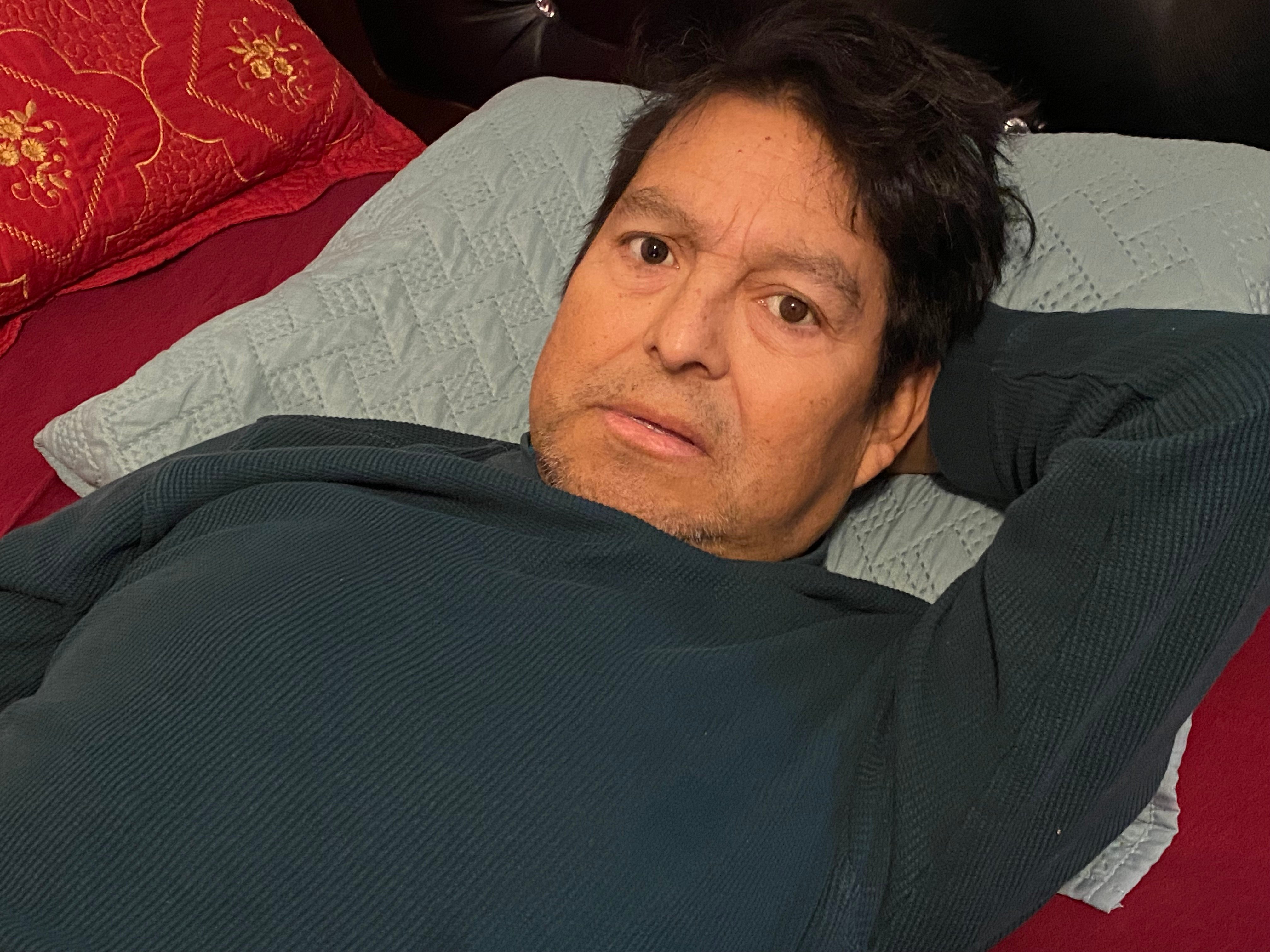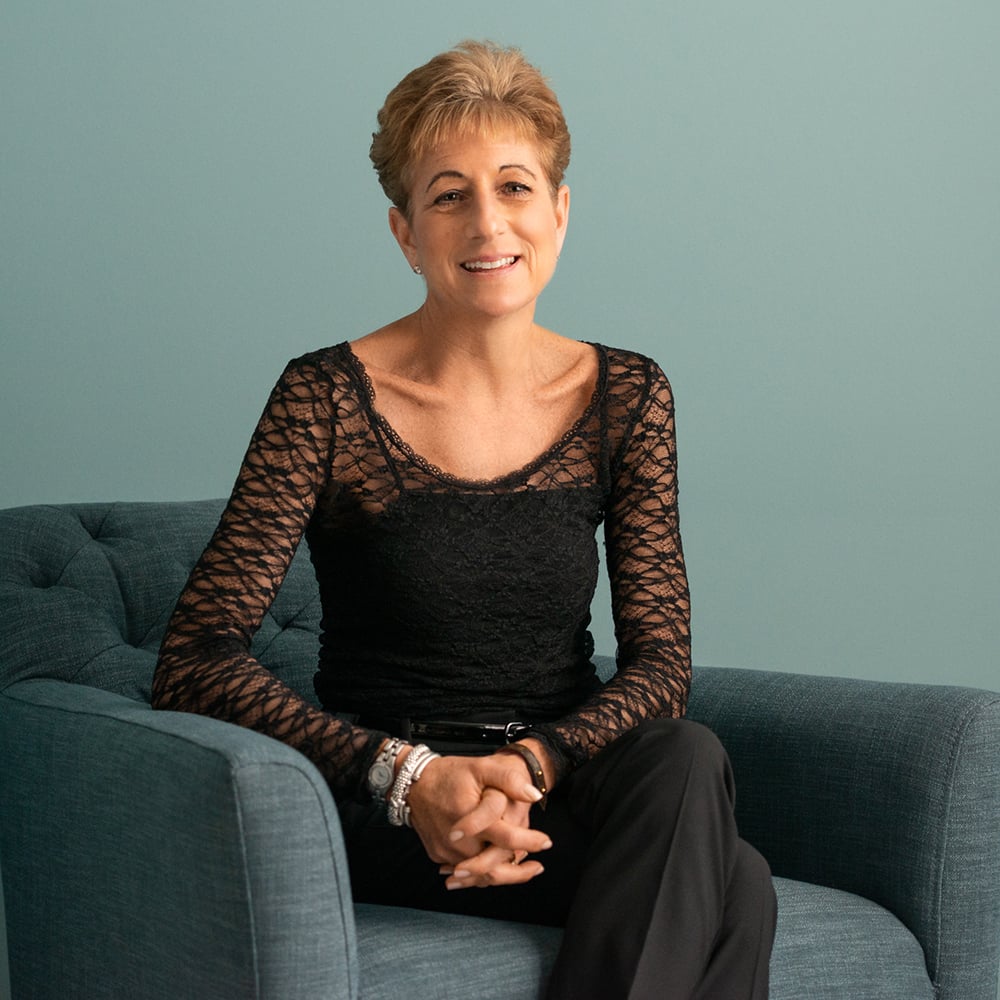Update: New Mexico's medical aid-in-dying law went into effect on June 18, 2021.
Erika shared her story in September of 2020
I want to live. I really want to live. I don’t think there’s anybody who could possibly want to live as much as I do. I have kids who I want to be here for. However, I know it will be less time than I thought. I will do everything I can to live well. But, what I have learned in the hardest and most painful moments, when my tumors were large and my treatment intense, is that I want to have the ability to end my suffering and avoid a painful, prolonged death.
I was diagnosed with stage 4 breast cancer in February 2018 when I was eight and a half months pregnant with my second child. Four days after diagnosis, labor was induced so that I could quickly begin treatment. I started chemotherapy just two weeks after giving birth to my son. The two-week gap between birth and starting chemo was a meaningful time for me to bond with my son. I was able to safely breastfeed him during that short period, which meant the world to me. Once chemo started, I would need to discontinue. Instead, close friends and family members who all had children around my son’s age donated breast milk for the first six months of his life.
During my first experience with chemo, my vein collapsed. The medical staff were administering pre-medications for my planned dose of adriamycin (a chemo medication often referred to as the "red devil"). Due to the urgent need for treatment, they found another vein to administer the incredibly caustic medication, a medication so dangerous the medical staff had to wear hazmat suits. The whole experience was terrifying. After the difficult experience of this round of chemo, it was discovered that it was ineffective.
I could feel and see my cancer growing. I could see the dark shadowy shape under my skin so I knew it was getting bigger. It was disturbing. I had a biopsy to confirm the type of breast cancer and was told it was triple negative - an aggressive, rapidly growing cancer that is quick to spread and is more likely to come back after treatment than other types of breast cancer.
We moved to do a second kind of chemo, but I didn’t have any luck with that either. We did another biopsy because sometimes they get a false triple negative. Still triple negative. We already knew it was in my lymph nodes, but we learned it was now in my liver and bones.
I moved back home to Arkansas from New Mexico in my fifth year of teaching at New Mexico State University. In Arkansas, I would have the support of my parents during this challenging time. I soon participated in a trial at a hospital in Kansas City and spent about two and half hours each way driving every few weeks to treatment. During that time they found that my liver tumor grew significantly and they ended my involvement with the trial.
At the end of 2018, I tried immunotherapy along with chemo. It was very successful for about a month. I was filled with hope and was so grateful to be feeling more capable of enjoying my time with my kids.
After a few months, however, I developed severe side effects to the immunotherapy and doctors advised me to stop. I experienced multiple auto-immune issues, including a full body rash, severe arthritis, off the chart hypothyroidism and then hyperthyroidism. This continued for nearly a year after stopping all immunotherapy treatment. The side effects were extremely physically and emotionally difficult.
I was worried about the tumor in my breast rupturing through my skin, and seeing and feeling it was psychologically troublesome so I decided to have a mastectomy. When they did the surgery, they discovered that it was a HER2-positive tumor, and that changed my course of treatment. Fortunately, as of now, my tumors are not visible on scans but we know I have cancer cells running amuck in my body.
I’ve tried different treatments, and they would maybe work for a while, but the cancer would become resistant to the treatment or I would have a negative reaction and would have to change, or it wasn’t effective to begin with – but we had to try. I know that could easily happen with my current regimen.
There’s always a new health crisis – I had a clot in my lung that felt like a heart attack at some point. There’s always something happening and I’m very lucky that my prognosis is somewhat better, but you don’t ever stop having stage 4 cancer. It never goes away.
The psychological symptoms of some of the physiological realities are distressing. I have sharp pain in my bones and in my hips, and a consistent dull, warm pain in my liver. People don’t really think about their liver so when you feel pain there it’s really scary. I was running half marathons before this. I ran one right before I got pregnant with my son. I thought I was very healthy.
The decision to utilize medical aid in dying should be a decision for me and my family to make. We know my health is going to turn one of these times without turning back around. One cannot truly imagine what it feels like to be face to face with imminent death until you are there. It is such a unique experience and if my last days of suffering – pain, fear, anxiety – can be eased by allowing me the autonomy to decide when enough is enough. I just don’t understand why legislators wouldn’t allow that.
I wish I had endless time to watch my son grow up and watch my daughter continue to flourish in her adulthood, but my time is extremely limited. It’s hard enough to know I’m dying, especially with a toddler and another child in college, but to know that my family might watch me suffer unnecessarily for weeks or months is gut-wrenching. Also, I don’t want to be in pain. I’ve been in enough pain to know I don’t want to endure it in my last days. I want the option of medical aid in dying.






